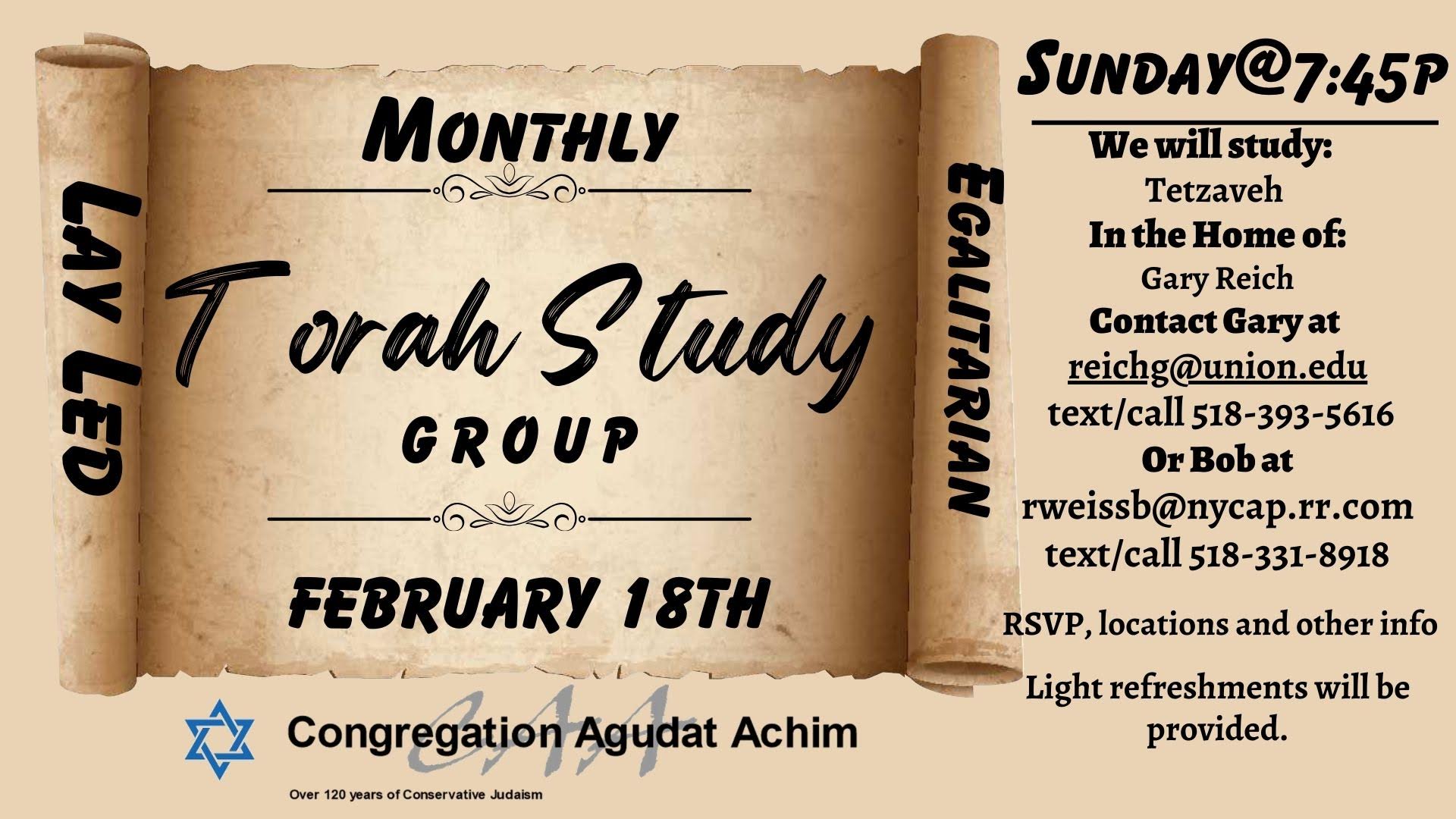
Regardless of what one chooses to study, the emphasis on questioning and dialogue marks the process of Torah or sacred Jewish learning. While it is certainly possible to study on one’s own, studying with a partner or in a group facilitates this questioning process.
In approaching a text, one may first try to understand the plain meaning, or the p’shat, of the text: What is the text trying to say in its original context? What do the individual words mean? Why are certain words and phrases used rather than others?
One might then ask broader questions about the meaning of the text and its relation to other texts: What are the hidden meanings of the text? Why does the text speak as it does? How do we relate to the text? In what ways does the text reflect or conflict with our own beliefs and values? What about the text do we find problematic or challenging? How does this text compare with other Jewish texts, or with the contemporary practice of Judaism?
Asking these types of questions may rarely lead to a definitive resolution, but will certainly contribute to a deeper understanding of the texts at hand and of one’s companions in study. Ultimately, it is the process of study, with its emphasis on questions and dialogue, that distinguishes Torah from other forms of study.
We welcome you to join this engaging Torah study group!